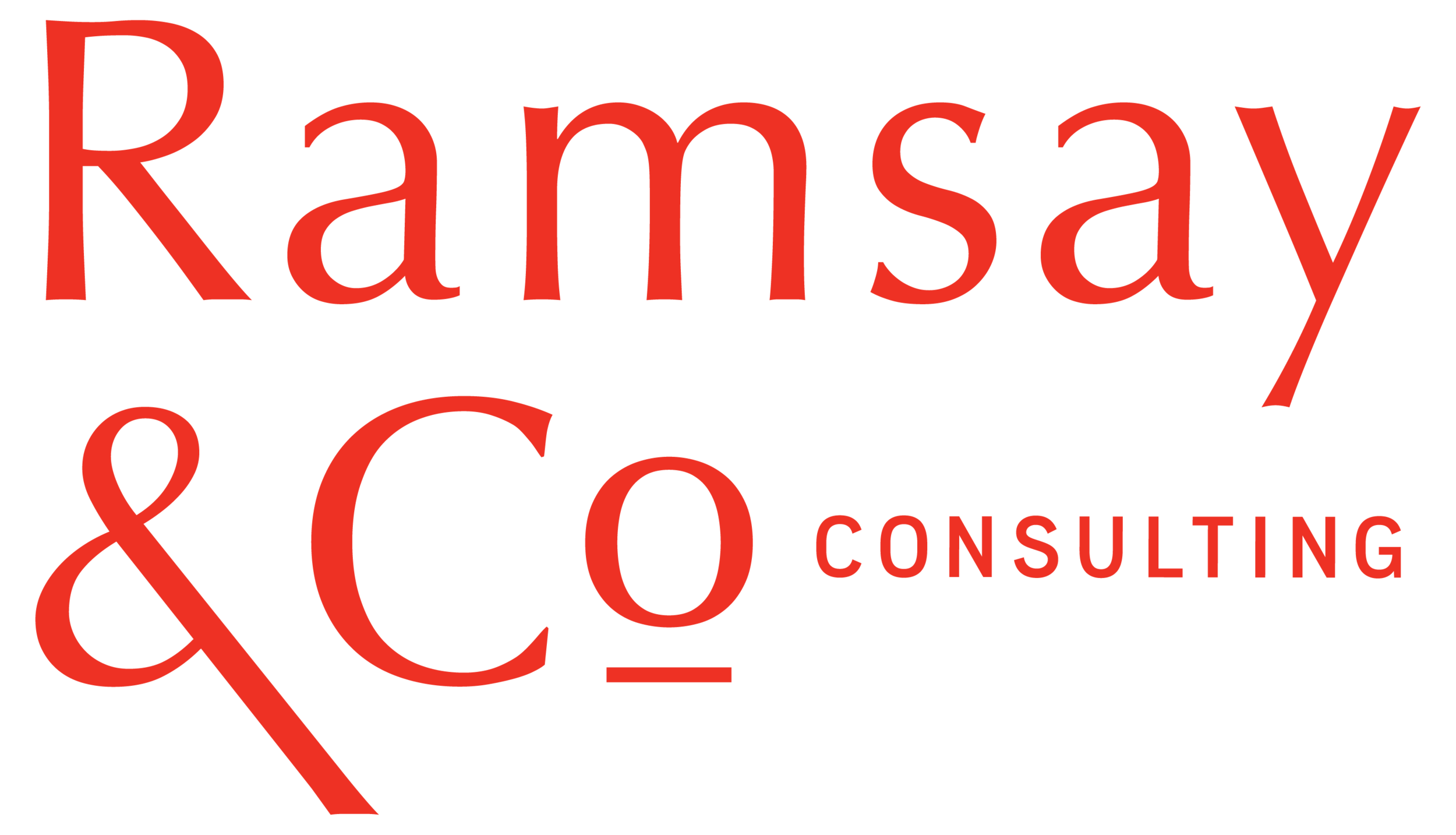#13 How Do You Tell A Brand Story?
For me, it started with a few good books.
I’ve spent a good portion of my career telling brand stories. I’ve worked with large institutions, small start-ups, and a lot in between (including a pest control company, which, for a girl with a huge bug phobia, was a trip). They all needed to clearly position themselves and help their users/customers/people and potential users/customers/people understand their value. It’s a lot of fun.
I get to interview people and learn about entirely new industries as I begin to weave together a tale made up of an understanding of the people, the cultural context, the company itself and the category and/or competitors within it. Then I simplify it all and put it down on paper. Finally, I get to work with my client to help them understand how best to bring the story to life for their customers through engagement, branding and other efforts that make the most sense for their business.
Telling your brand story requires context and then it requires a point of view on the best way to lay out everything you learn with simplicity and understandability as your ultimate goal.
Sounds simple, right? It is and it isn’t. I wasn’t born knowing how to build a brand. I’d say confidently none of us are, given that brands are a cultural concept that we as humans have infused meaning in to. I was just lucky enough to have a mentor who gave me the chance to try building one and, when he saw that I had a knack for it, gave me more to work on, allowing me to build my skills over time.
But I also had to learn as I went and for me learning always means asking questions and reading a lot of books.
I can’t teach you how to do it with a single newsletter. But I can give you a place to start. I have a list of books and resources I went through over my years of learning about and building brands that have contributed to my expertise as a brand strategist. These are the books that helped me. These aren’t all about brand strategy, but they all help your brain think in ways that will make you a better brand strategist or brand builder. You’ll notice a few of them are writing books. That’s because there’s a structure to great writing that can be applied to your efforts as a storyteller no matter your medium (we’ll get into that in a future post).
*My List of Brand Books:
A Technique for Producing Ideas, James Webb Young (Every person in a creative field should read and apply the lessons in this small but mighty book)
On Writing Well, William Zinsser (A classic)
The Elements of Style, William Strunk Jr. & E.B. White (Also, a classic, tied with Zinsser in my pecking order)
How Brands Grow, Jim Stengel (This one is about the value of Purpose, which he calls Ideals)
Anything by Seth Godin, but people swear by Purple Cow (I haven’t read it, book club?!)
Thinking Fast & Slow, Daniel Kahneman (Behavioural economics in general are key to understanding ourselves and each other as people and storytellers)
Dare to Lead, Brene Brown (The woman is a boss and in this she shows you how to be one)
Start with Why, Simon Sinek (I’ve written about the value of this one)
Beloved Brands, Graham Robertson (Sort of an ad-world coffee table book--definitely see if you can borrow rather than buy it)
Truth, Lies and Advertising, Jon Steel (This is the first book I read when I made the shift from journalism to marketing--a little dated but still valuable for anyone interested in the advertising industry)
This is in my preferred order, but I encourage you to see which ones pique your curiosity and head to your local library (wearing a mask) and check it out. Most of them are also available as audiobooks if reading isn’t your thing. I also linked to Simon Sinek’s Ted Talk on the power of Why in this post. AKA, if you hate reading, there are plenty of other ways to access this knowledge.
If you own your own business, a lot of these books will be valuable in helping you begin to market it. If you’re a person wanting to create a personal brand, these will help you begin to articulate your own brand story. If you’re a creator with a creation to share with the world, it may help you find compelling ways to tap into culture when you do so.
I hope this serves as you continue to tell your story. If you’ve enjoyed or know someone who might find value in it, please do share. If you have additional books that have worked for you or have feedback on any on the list above please share in the comments below. Would love to hear your thoughts.
*I recognize that most of these books are by middle aged white men, that’s what I was working with when I was learning. As I come across good books by BIPOC writers in this space I’ll add to this list or make another post.
Chantaie Allick
Writer|Strategist|Storyteller
Thanks for reading Adventures in Storytelling!
Subscribe for free to receive weekly insights and resources for better communication through storytelling.

